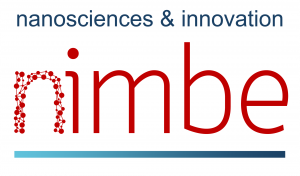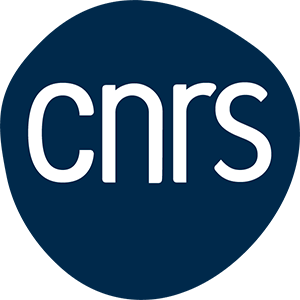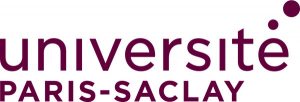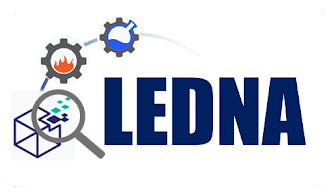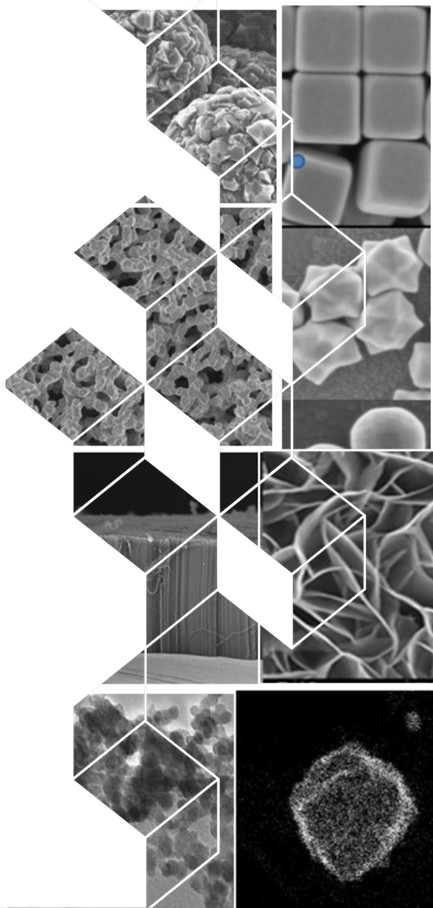
LEDNA (Laboratoire Edifices Nanométriques) is a research laboratory with 23 permanent staff and a dozen PhD students, post-docs and fixed-term contracts.
Focused on fundamental nanoscience research, its expertise focuses on the bottom-up development of methods for the synthesis and elaboration of original nano-objects or nanostructured materials. The aim is to develop applications with a high societal impact in the fields of energy, the environment, health and functional composite materials.
LEDNA’s main scientific objective is to study the physico-chemical phenomena involved in the design of high-performance synthesis processes (yield, efficiency, etc.) in the gas or liquid phase, and to analyze their intrinsic physical, chemical and mechanical properties as a result of their small size, or after they have been shaped into materials or devices, with a view to their application.
This research is organized around several themes:
Gas-phase synthesis:
- Gas-phase synthesis (laser pyrolysis, CVD, PVD, etc.) of nanoparticles or nanocomposite thin films, nanostructured electrocatalysts
- Synthesis and surface modifications of carbon nanostructures (e.g. aligned carbon nanotubes, nanodiamonds)
Liquid-phase synthesis:
- Gold nanoparticles for plasmonics and nanomedicine
- Synthesis of porous nano(hybrid)oxide materials
- Electrochemical synthesis of nanostructured oxide thin films
LEDNA is also developing know-how and expertise in the analysis of nano-objects characterization techniques, as well as the measurement of chemical, physical or mechanical properties of chemical, physical or mechanical properties of individual nano-objects, or of nano-objects formed into materials or devices. The team pays particular attention to the control of the synthesis processes it develops and to the mastery and quality of the nano-objects it prepares. One of the strategic axes of LEDNA consists in developing innovative technological concepts for the synthesis or implementation of nanoparticles through instrumental developments in order to answer questions of a fundamental or more applied nature:
- aerodynamic lenses to generate nanoparticle jets for synthesis and analysis (in the laboratory and on synchrotron)
- synthesis devices dedicated to in situ analysis (laboratory and synchrotron)
- on-line process analysis techniques (mass spectrometry, LIBS, etc.)
LEDNA has high-performance characterization equipment adapted to the study of nanoobjects (FEG-SEM, Raman Spectroscopy, Photon Correlation Spectroscopy, etc…) and measurements of chemical, physical or mechanical properties (electrical, electrochemical measurements, etc..)
LEDNA also works with major instruments (SOLEIL, ESRF, etc.), submitting projects and collaborating on internal beam time.
One of the specific features of the LEDNA team is the balance between academic and applied research: for systems that have reached a level of maturity that enables them to be proposed for industrial use, LEDNA works on joint R&D projects to transpose the synthesis processes and devices developed in the laboratory to the next pre-industrial scale (prototypes, TRL 2 to 5, maturation project). To achieve this, LEDNA relies on existing partnerships: (NAWAH, Europrotect, Ethera, RTE-France, CNES, Thalès companies…) or those under construction, and collaborates with numerous national research teams (ICMO, ISMO, LPS, ICP, CEA-LITEN, CEA-JOLIOT, SOLEIL, ICPEES, LPPI, ILV…) or international teams (NTU Singapore, Karlsruhe-KIT, University of Birmingham, Helmholtz Zentrum Berlin, Technion Institute, … ). Through its activities focused on the synthesis of nanoparticles, LEDNA is also concerned with the societal impacts of nano-objects on human health and the environment and participates to the study of their toxicity, in collaboration with biologists.
